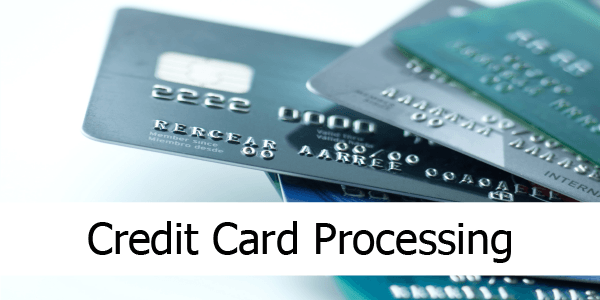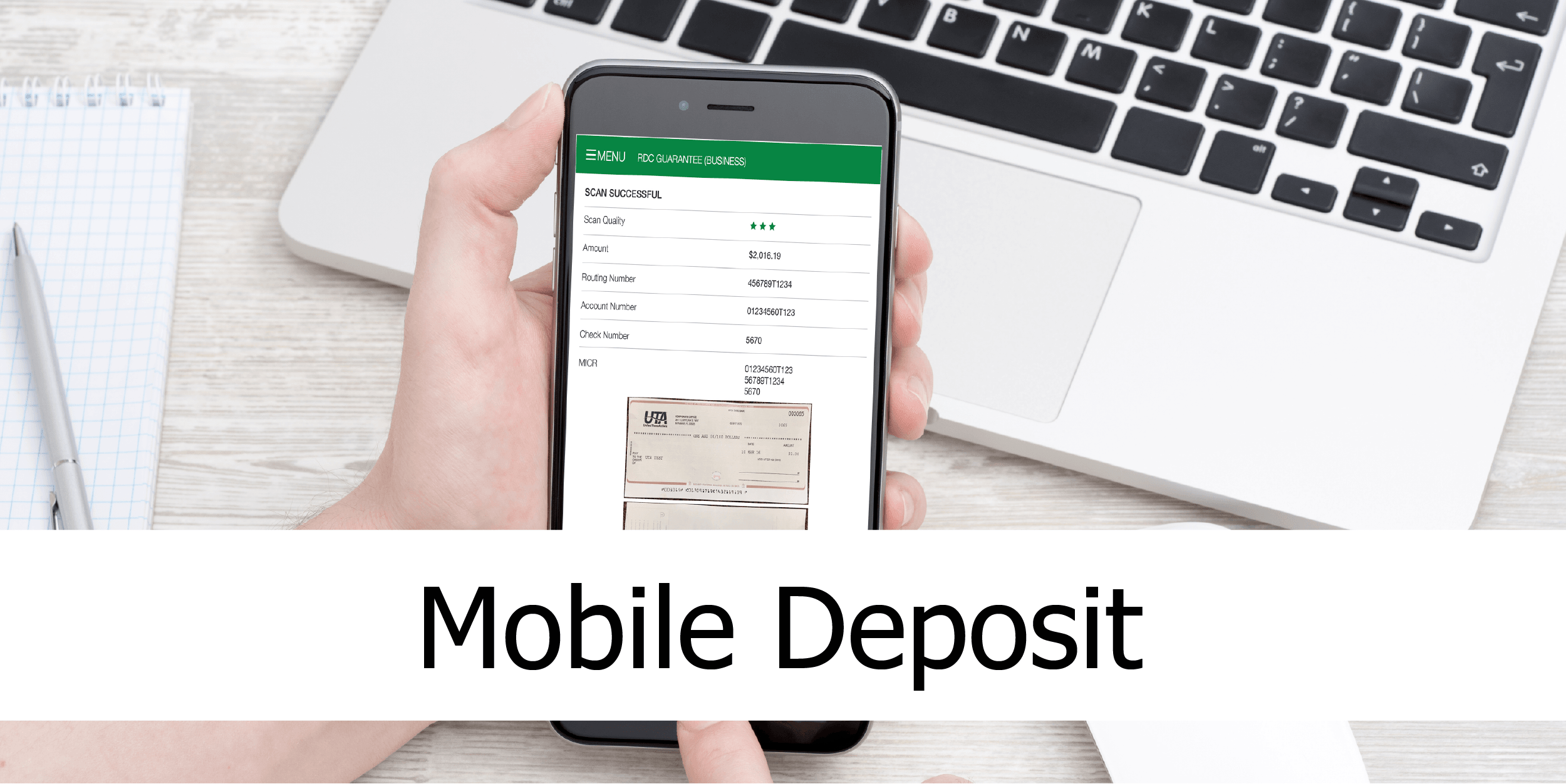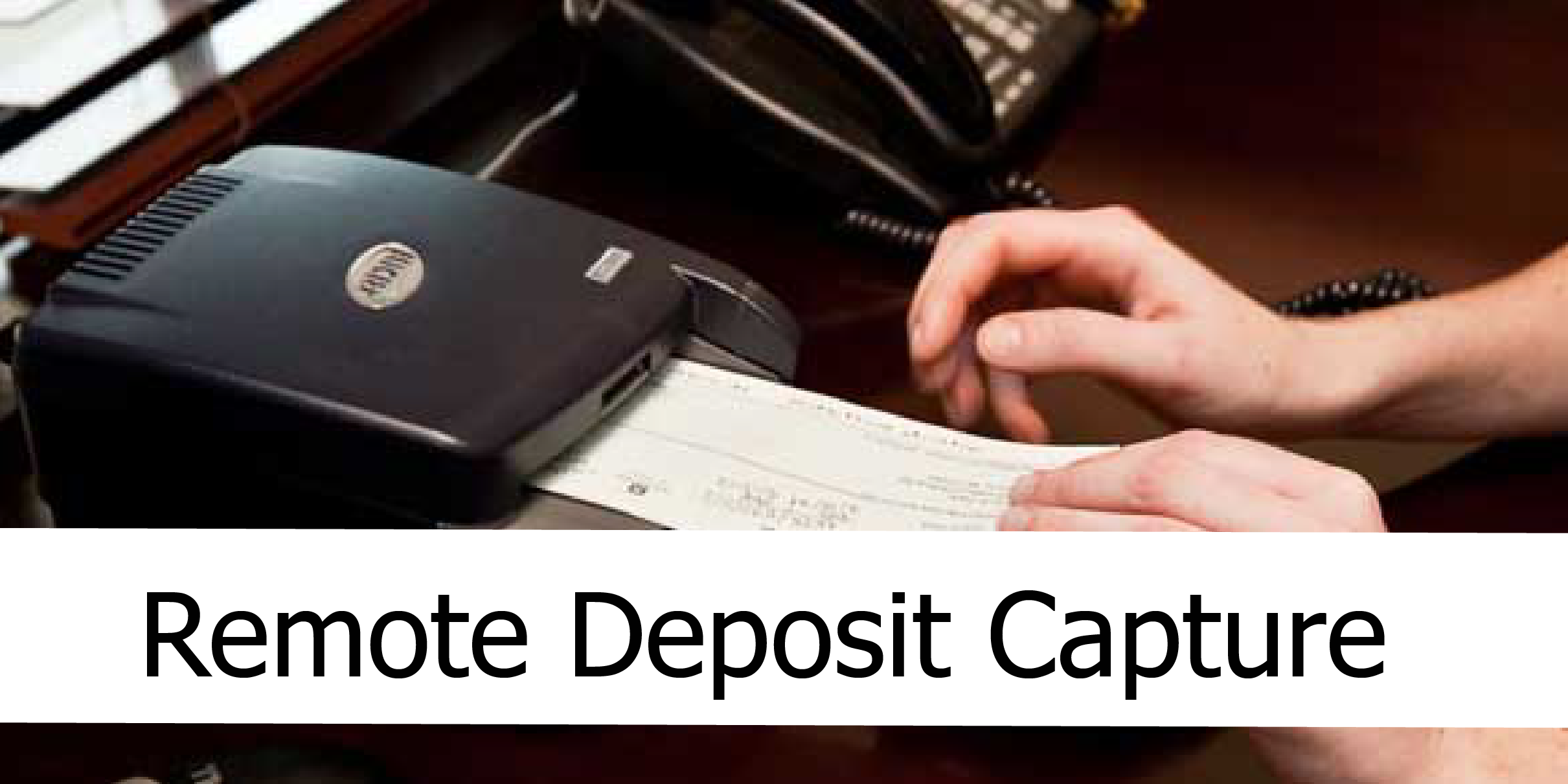Point to Point (P2P) Encryption
July 29, 2024

In an era where digital transactions dominate the financial landscape, ensuring the security of these transactions has never been more critical. One technology that has become indispensable in this context is Point to Point (P2P) Encryption. This article delves into the essence of P2P encryption, its significance in payment processing, and why businesses should prioritize its implementation.
What is P2P Encryption?
P2P encryption, also known as end-to-end encryption, is a sophisticated security protocol designed to protect sensitive information throughout its entire journey from the point of origin to the final destination. Unlike traditional encryption methods that secure data only during transmission, P2P encryption ensures that data remains encrypted at all times, rendering it unreadable and inaccessible to unauthorized parties.
The Importance of P2P Encryption in Payment Processing
With the rise of digital payments, the threat landscape has expanded, making it imperative for businesses to adopt robust security measures. P2P encryption plays a pivotal role in this by:
-Securing Sensitive Data: Every transaction involves the exchange of sensitive financial information, such as credit card numbers and personal details. P2P encryption acts as a digital shield, ensuring this information is protected from potential cyber threats and breaches.
-Maintaining Customer Trust: Trust is a foundational element in any business-customer relationship. By implementing P2P encryption, businesses demonstrate their commitment to safeguarding customer data, thereby fostering trust and confidence among their clientele.
-Ensuring Compliance with Regulations: Data protection regulations, such as the Payment Card Industry Data Security Standard (PCI DSS), mandate stringent security measures for handling financial data. P2P encryption helps businesses comply with these regulations, avoiding penalties and enhancing their reputation as secure service providers.
How P2P Encryption Works
The process of P2P encryption involves several key steps:
-Data Encryption at the Point of Entry: When a transaction is initiated, the data is immediately encrypted using a secure encryption algorithm.
-Secure Transmission: The encrypted data is then transmitted over the network. Even if intercepted, the data remains unintelligible to unauthorized users.
-Decryption at the Endpoint: Only upon reaching the final destination is the data decrypted, ensuring that it remains secure throughout the entire process.
Benefits of Adopting P2P Encryption
-Enhanced Security: P2P encryption significantly reduces the risk of data breaches by ensuring that sensitive information is always encrypted. This robust security measure is crucial for protecting against sophisticated cyber-attacks.
-Building a Strong Reputation: In the competitive world of digital payments, a strong reputation for security can set a business apart. Implementing P2P encryption signals to customers and partners that the business is dedicated to protecting their data, which can enhance loyalty and attract new clients.
-Mitigating Legal and Financial Risks: Compliance with data protection regulations not only avoids legal penalties but also protects the business from the financial fallout of data breaches. P2P encryption helps ensure adherence to these standards, providing a layer of legal and financial protection.
Avoiding Data Breaches with P2P Encryption
A critical issue in digital transactions is the risk of data breaches, where unauthorized entities gain access to sensitive information. Data breaches can have severe consequences, including financial loss, reputational damage, and legal repercussions. P2P encryption helps prevent data breaches by:
-Encrypting Data at the Source: From the moment data is captured, it is encrypted, ensuring that it is protected from the outset.
-Securing Data in Transit: As data moves through networks, P2P encryption keeps it encrypted, making it inaccessible to hackers who might intercept the transmission.
-Protecting Data at Rest: Even when data is stored temporarily or long-term, it remains encrypted and secure, minimizing the risk of breaches.
United TranzActions and P2P Encryption
At United TranzActions (UTA), we prioritize the security of our clients' transactions. Our payment processing solutions are equipped with advanced P2P encryption technology, ensuring that every transaction is secure from start to finish. By leveraging cutting-edge security measures, we provide a reliable platform for businesses to conduct their financial operations with confidence.
Conclusion
In the rapidly evolving landscape of digital payments, security is paramount. P2P encryption stands out as a critical tool for safeguarding financial transactions, building trust with customers, and ensuring compliance with regulatory standards. By adopting P2P encryption, businesses can protect their sensitive data and reinforce their reputation as secure, trustworthy entities. United TranzActions remains committed to delivering secure payment solutions, harnessing the power of P2P encryption to pave the way for a safer digital future.









